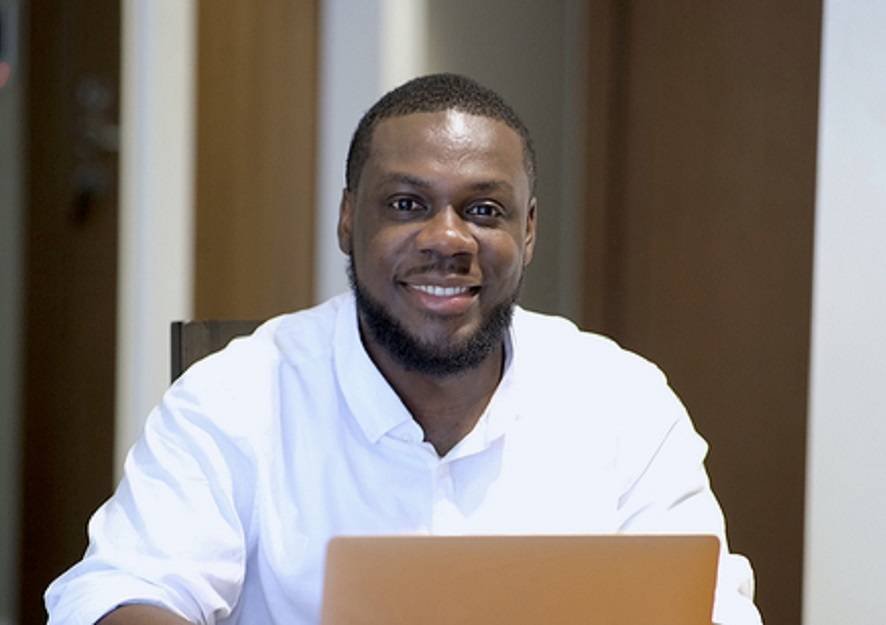Boakye Boampong visited Kenya in 2018 and was surprised by the country’s unbanked population’s ability to use mobile money to pay for services and bills. M-Pesa in Kenya, supported through Safaricom’s M-Pesa, has been hailed as a global success story because of its more than 30 million subscribers.
As a native of Ghana, where mobile money is widely utilized for sending and receiving money, Boampong has a unique perspective. It is still in its infancy as a tool for conducting business and paying for products and services.
“I was blown away by the ubiquity and convenience of mobile money in 2014 when I visited Kenya for the first time. However, there are over 200 mobile money wallets and 100 banks across the continent that [do] not work with each other,” Boampong, the CEO of Dash, told TechCrunch.
As a result of his trip to Kenya, Boampong became acutely aware of the dearth of a standardized payment system throughout the continent. Therefore, a Kenyan who uses M-Pesa and travels to Ghana will be unable to send money to an MTN-using Ghanaian while there is no interoperability.
When Boampong saw that there was a void in the market for an interoperability platform in Africa to ease payments, he founded Dash in 2019. Travelers from Kenya or Nigeria can use the platform to pay for goods and services in Ghana without needing to change money or create an account.
“We’re building this interoperability so a Kenyan traveling to Ghana or Ghanaian traveling to Kenya would be able to pay for stuff without having to change currencies or setting up accounts when they touch the ground,” Boampong said. “We’re taking a page from AliPay and PayTm by building features that will make the lives of our users easier without having to switch from different providers.”
Read Also:
Meet An Innovative African Company That Pays You For Using Your Phone
Ghanaian-Kenyan interoperability is being built so that Kenyans and Ghanian-Kenyans may pay them or things without having to change currencies or set up accounts when they touch the ground,” Boampong said. AliPay and PayTm are great examples of how to make life easier for our customers without having to convert to a new payment method.
If you’ve ever used Visa or Mastercard, you know that payments can be routed through banks and telecommunications providers regardless of who issthemd it. He began with Ghanaian, Nigerian, and Kenyan internet users. one-stop-shop they have an account with Dash, they can use it to pay for things and receive money in any currency they want (even if they don’t have a bank or mobile money account linked to Dash).
With more than 400 million cellphones and 548 million mobile money users, Afriit’ss financial system is currently in the midst of a technological revolution. According to Boampong, Dash will bone-stop-stop shop for all of our users, including people, businesses, and banks.
According to a release, the platform reported a total processed volume (TPV) of more than $300 million in January 2022 alone, up to three times the monthly average from Q4 2021. It also stated tit’s it’s one million clients had processed over $1 billion since 2020.
According to Techcrunch, Dash generates revenue from a variety of sources, including transaction fees, savings, foreign exchange fees, bill payments, and subscriptions. Dash reported this week that it had secured $32.8 million in a seed round that was oversubscribed. For an African startup, this is one of the largest.
There is a New York-based investment fund that spearheaded the seed round. When the company had just over 200,000 customers and raked in $250 million in transactions, it raised $8 million from investors.
Boampeng and Jesse Ghansah, the current CEO of Float, co-founded Ghanaian media firm OMG Digital in 2016 before founding Dash.

